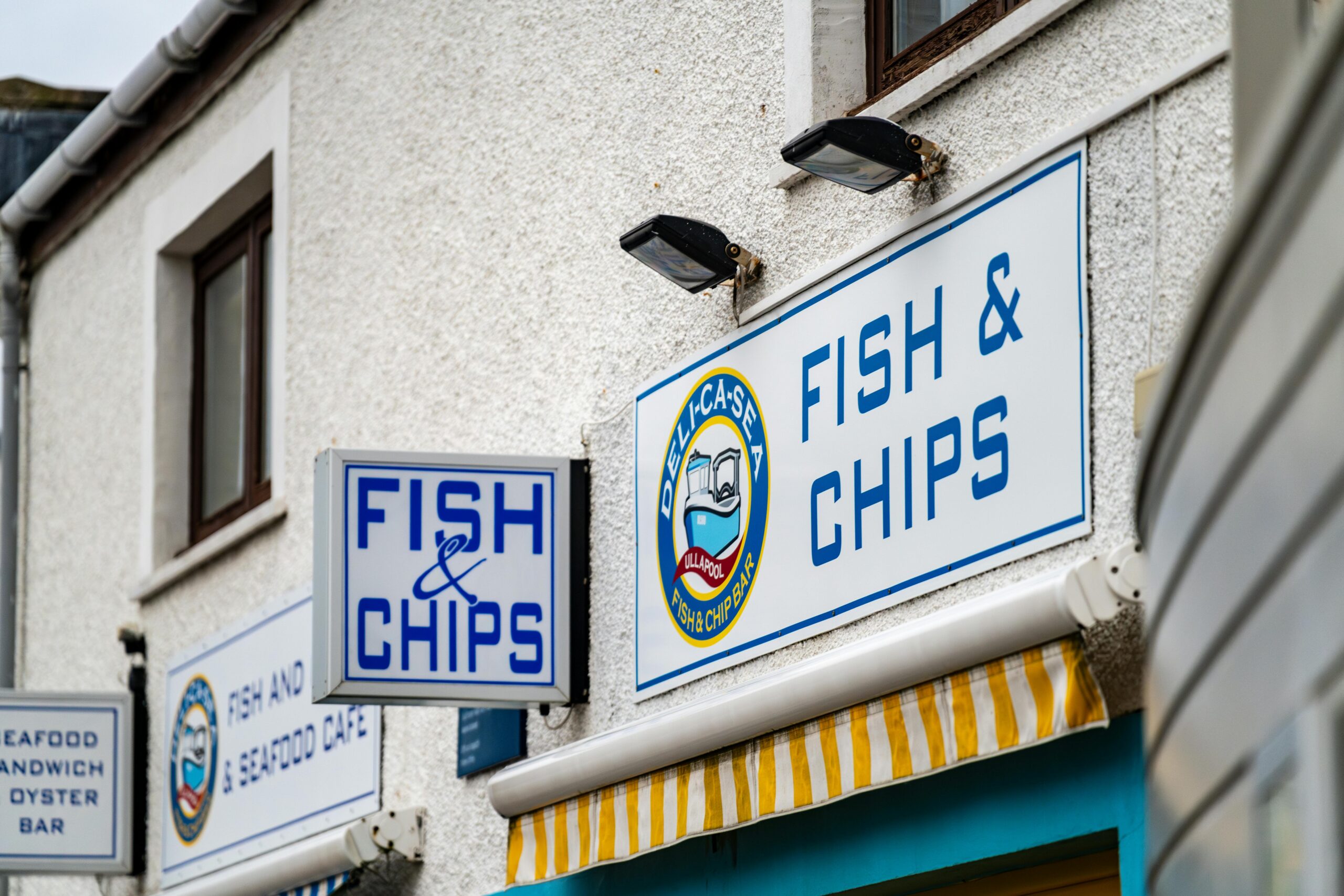Recently, my wife and I have been watching a lot of cooking programs on TV.
One of our favorite chefs and TV personalities is Jamie Oliver. If you’re not familiar with him, he’s a young man from England who became very popular in the cooking world through his simple, everyday way of cooking and his friendly and engaging teaching style.
Now of course, I can understand everything he’s saying, but I started to notice and become interested in some of the differences between British English and American English.
What are the differences between British English and American English?
There are two major differences between British English and American English with regards to speaking. (There are some minor spelling differences but let’s focus on the spoken language for this article.)
1. Accent (includes pronunciation and intonation)
2. Vocabulary (includes objects, expressions, and slang)
Accent
Pronunciation
With “accent” there are some clear differences in general pronunciation. For example, the “er” sound in American English sounds more like “ah” in British English. Also the “aw” sound like in “law” in American English, sounds like “oh” in British English. Check out this video
We can also look at certain words. For example, “tomato” and “basil” are pronounced with the “true A” sound (“ay”) in American English (“to-MAY-to”, “BAY-sil”). In British English, they take a “tall A” or “flat A” sound (“to-MAH-to”, “BAH-sil”).
When I listen to Jamie Oliver, he says “tomato” and “basil” with a typical British accent, but interestingly he says “potato” like an American (“po-TAY-to”). In this video, you can hear him say “tomato” (0:51) and “basil” (2:45):
Intonation
One general intonation difference is in questions. It’s a bit hard to explain the different sound in words, but listen to her say “Do you think so?” (0:19) and “Do you want something?” (0:49) in this video:
Vocabulary
Objects
Now let’s look at “vocabulary.” Some of the words are just different in each culture. The typical examples include:
- apartment (US) vs flat (UK)
- elevator (US) vs lift (UK)
- wrench (US) vs spanner (UK)
Most of these words can be understood in either country but in terms of actual usage, you will rarely hear the word “spanner” in the United States. Here are some more examples:
Expressions
There are some simple “everyday” expressions and sentence patterns that are different between British English and American English.
- “I’ll call you ON the weekend.” (US) vs “I’ll call you AT the weekend.” (UK)
- “I HAVE a lot of homework today.” (US) vs “I’VE GOT a lot of homework today.” (UK)
- “How are you DOING?” (US) vs “How are you GOING?” (UK)
Slang
British English has a ton of great slang! Now, since slang is very cultural, most of these words and phrases are not used or understood outside of the culture. Here are some examples of British slang:
- “He was so plastered last night!” = “He was so drunk last night!”
- “…and Bob’s your uncle!” = “…and that’s it!”
- “…on full whack” = “…on high/full heat” (Jamie’s favorite slang phrase)
For more British slang, check out this site
So those are the major differences between American English and British English. If you have some favorites, please share them with us in the COMMENTS section below!
Discussion questions:
1. Are you interested in British English? Why or why not?
2. What are some of your favorite slang words in British English?
For more help with British English, I recommend the BBC English Learning page!
Access BBC English Learning
For more about Jamie Oliver, you can visit his site at JamieOliver.com!
